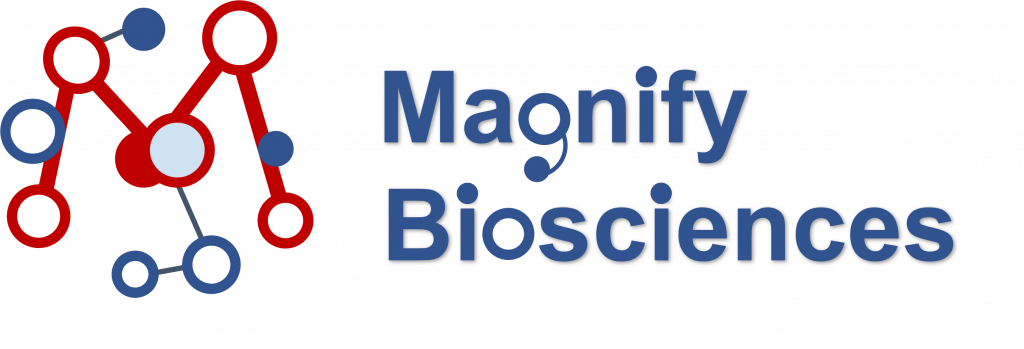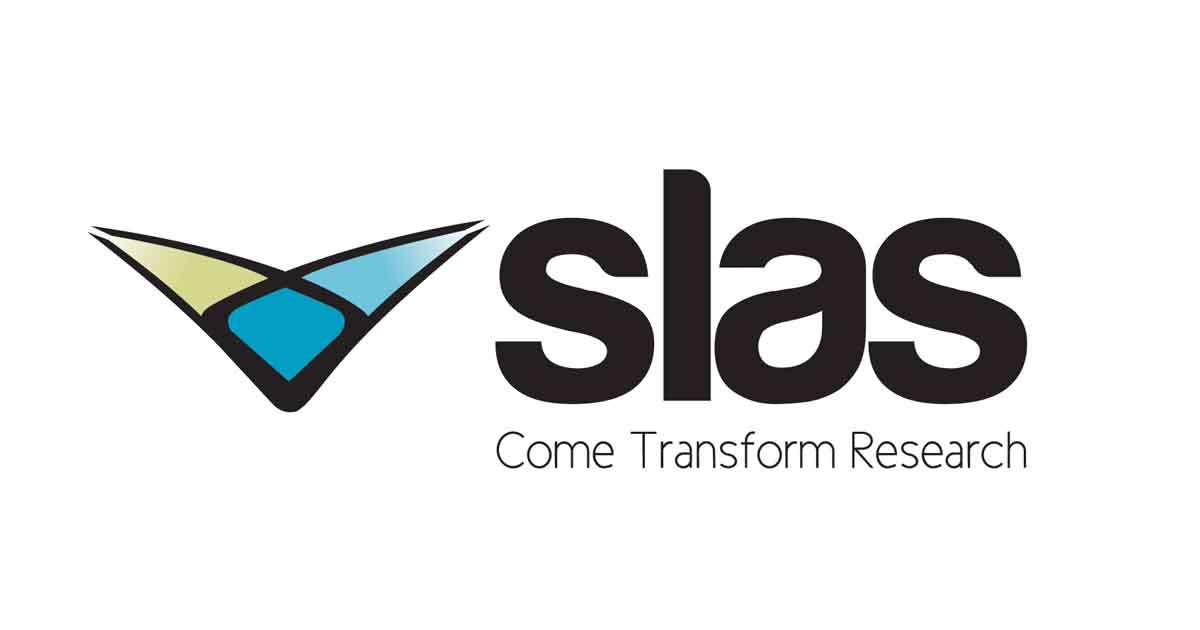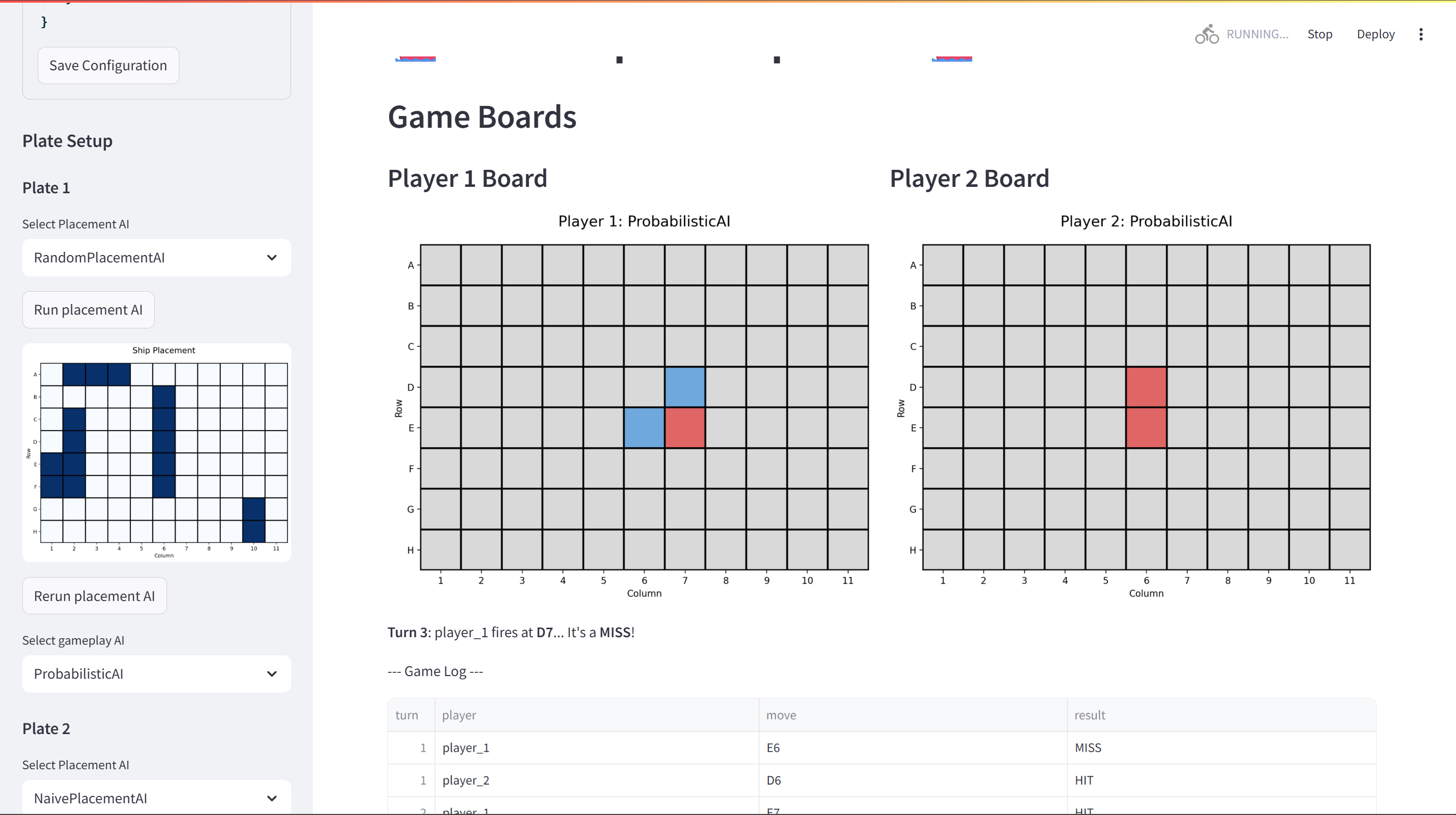Predictive Oncology
Software Developer / Bioinformatician / Automation Engineer
- Built a backend app that ingests patient-drug experiments and schedules liquid handler decks for tip- and LHOP-efficient runs across multiple robots.
- Shipped a full-stack platform with local LLMs using SQL-RAG and MCP so scientists can deploy agents that generate grounded reports with linked sources and charts.
- Lead clinical-grade qualification studies to introduce new lab software and hardware safely.
- Investigate spheroid data to map tumor responses beyond 2D microscopy benchmarks.




